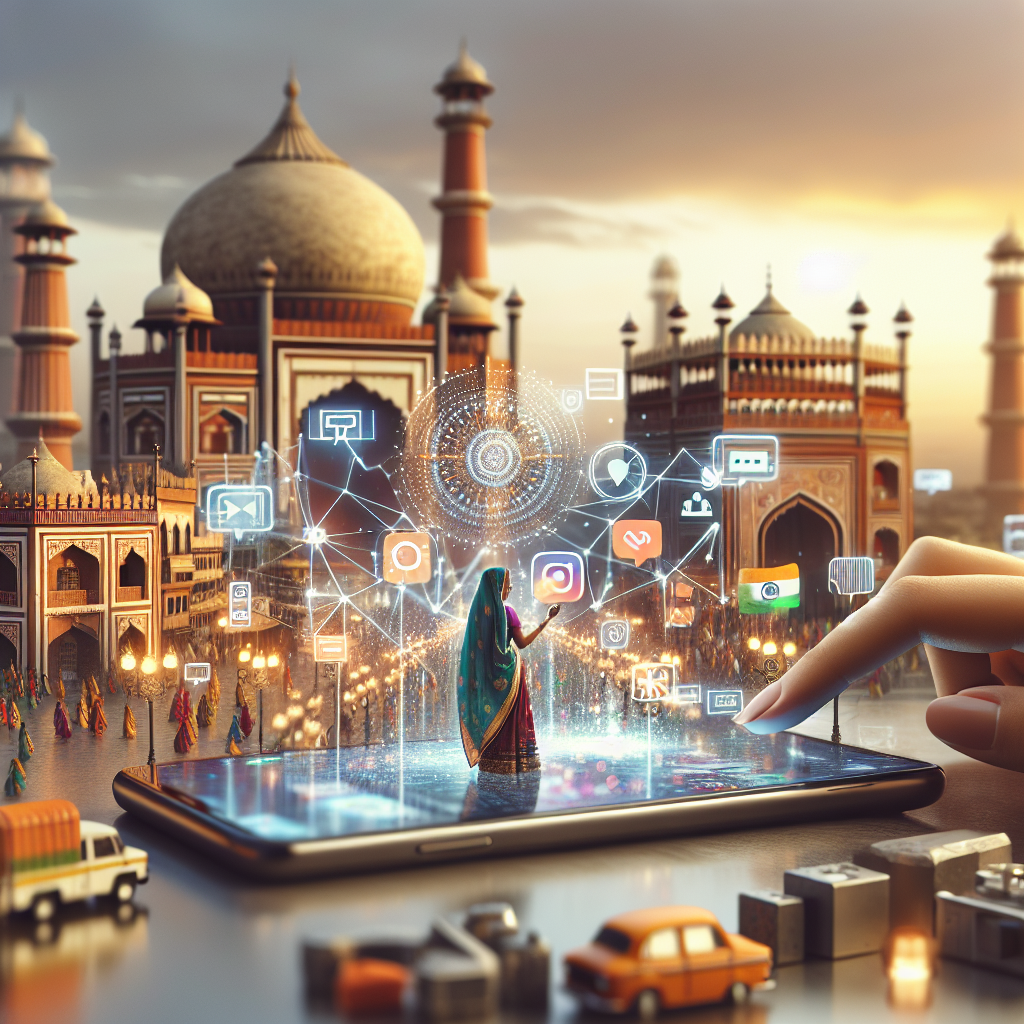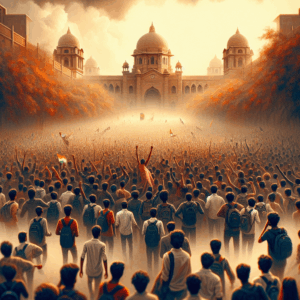
What if tomorrow’s online shopping depended on today’s heated social media debate? With each trending hashtag, political tension and trigger terms are not just filling Twitter feeds but initiating tangible shifts in India’s digital landscape. Want to understand how these viral waves ripple through commerce, privacy, and daily experiences? Let’s dive deeper.
Meet Priya, a Chennai-based e-commerce seller, who watched her business suddenly slow after #BoycottMadeInX surfaced on social media. Overnight, trending political terms sparked a change in buying habits, impacting hundreds like Priya. Her story is becoming the new norm—a testament to the powerful ripple effect digital trends have in shaping real-world opportunities and challenges across India.
What’s Happening?
India’s social media space is abuzz with political triggers—from election-focused hashtags to contentious terminology around citizenship, language, and regional identity. A spike in trigger terms like “#UniformCivilCode” or “#DataPrivacy” spreads faster than wildfire, influencing both public perception and policy discussion. Top pages on Google Trends reveal correlations between viral terms and sudden changes in e-commerce sales, app launches, and societal mood swings. Whenever a controversial topic gains traction online, digital echo chambers rapidly reinforce polarized opinions, amplifying every tweet and meme into social momentum.
Why It Matters
- For businesses: Trending political terms can cause abrupt shifts in consumer sentiment, fuelling calls to boycott brands or products, impacting sales and reputations overnight.
- For individuals: Viral debates may influence everything from shopping choices to the adoption of new apps and even affect community relationships offline.
- For society: The widespread use of trigger terms often leads to privacy concerns, as heightened tensions push tech giants to roll out new moderation features, and policymakers amplify surveillance to preempt unrest.
Price fluctuations, disrupted supply chains, and evolving regulatory frameworks—all ripple out from these online conversations. For example, rising tension during election seasons often propels policy proposals directly influenced by social media sentiment, as seen in the recent introduction of stricter data privacy guidelines following mass public outcry.
What’s Next?
- Upcoming policy statements from key ministries may address hot topics elsewhere in the digital debate.
- Major voting milestones are on the horizon, ensuring hashtags will continue to shape—and reflect—public discourse.
- Expect reactions from stakeholders, including tech firms piloting new algorithms to identify and reduce the influence of trigger terms before they escalate into real-world conflict.
How do you feel about this shift? Drop a comment!
In summary, India’s trending political tensions and trigger terms are transforming social media from a space for discussion into a catalyst for wide-reaching economic, regulatory, and cultural changes. Staying informed and engaged is key as these digital ripples continue to impact real lives—like Priya’s—every day.






